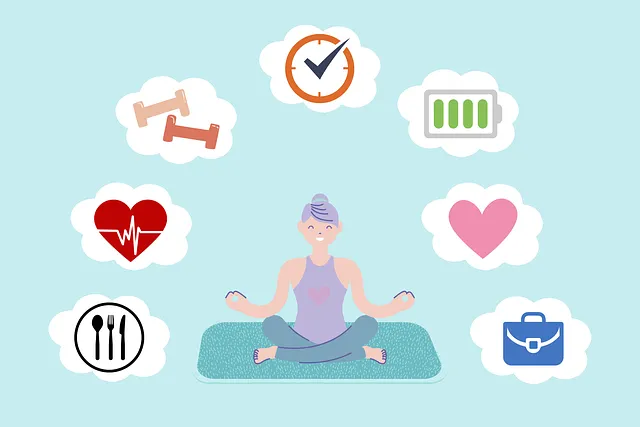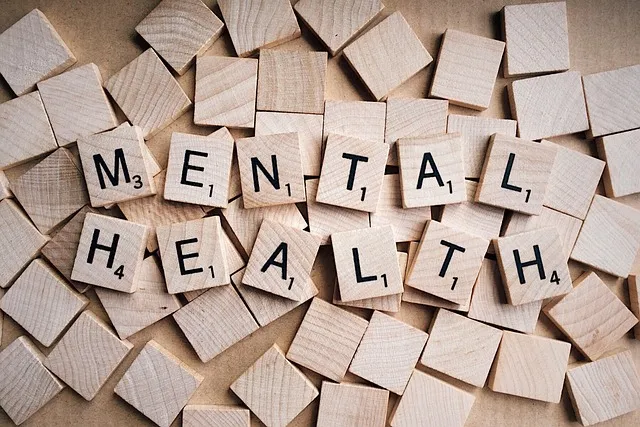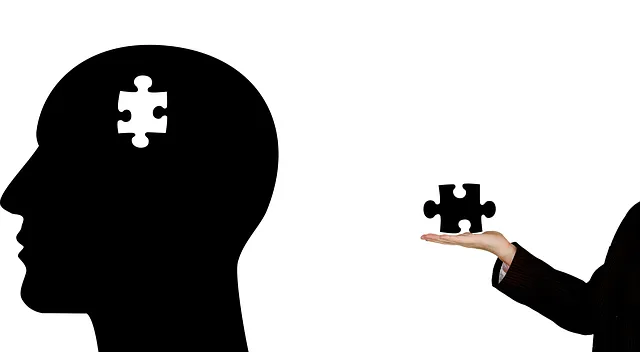Mental wellness groups facilitated by professionals through resources like the Boulder Kaiser Permanente psychiatry phone number provide supportive communities for individuals with shared challenges. These groups focus on enhancing mental health, fostering open communication, and building resilience through active listening, inclusive language, safe spaces, emotional reflection, and interactive activities. Effective tracking of progress ensures strategies can be adapted to optimize outcomes, creating a holistic approach to mental wellness and community building.
Mental wellness groups offer a powerful support system, and effective facilitation techniques are key to their success. This article explores strategies for those who lead these groups, focusing on enhancing participant experiences and fostering healing. We delve into the benefits of mental wellness groups, structured formats, and communication methods that encourage open dialogue. Additionally, we provide tips for creating safe spaces, engaging members through interactive activities, and tracking group progress—all essential skills for facilitators, as evidenced by research from Boulder Kaiser Permanente psychiatry phone number resources.
- Understanding Mental Wellness Groups: Benefits and Structure
- Effective Communication Strategies for Group Facilitators
- Techniques to Create a Safe and Supportive Environment
- Incorporating Interactive Activities for Engagement
- Measuring Success: Assessment and Group Progress Tracking
Understanding Mental Wellness Groups: Benefits and Structure

Mental wellness groups offer a unique and supportive environment where individuals with similar challenges can come together to share experiences and learn from one another. These groups are facilitated by trained professionals, such as those available at Boulder Kaiser Permanente psychiatry phone number, who guide discussions and activities aimed at enhancing mental health and well-being. One of the primary benefits of joining a mental wellness group is the sense of community it fosters. Members gain access to a network of peers who understand their struggles, providing a safe space for open communication without judgment.
Structured around specific themes or goals, these groups facilitate positive thinking and effective communication strategies. Participants engage in interactive discussions, share coping mechanisms, and participate in activities designed to build resilience and self-awareness. The group setting encourages accountability and provides a supportive network that can significantly contribute to individual growth and recovery.
Effective Communication Strategies for Group Facilitators

Effective communication is a cornerstone for successful group facilitation, especially when addressing mental wellness topics. Group facilitators at Boulder Kaiser Permanente psychiatry phone number should adopt strategies that foster open dialogue and create a safe space for all participants. Active listening involves giving undivided attention to each member, paraphrasing their thoughts, and asking clarifying questions, ensuring everyone feels heard and understood. This technique not only promotes engagement but also helps facilitators identify underlying issues or concerns.
Additionally, using inclusive language and encouraging non-verbal cues can enhance communication. Facilitators should strive for clarity in their messaging while incorporating empathy and warmth in their tone. By combining these approaches, they can guide the group towards meaningful discussions, fostering a supportive environment where individuals can share their experiences, develop inner strength, and engage in mental wellness journaling exercises. Moreover, such effective communication practices are crucial for preventing burnout among healthcare providers who often deal with challenging cases, making it an essential aspect of facilitating support groups.
Techniques to Create a Safe and Supportive Environment

Creating a safe and supportive environment is paramount when facilitating mental wellness groups. As a group leader, it’s essential to establish guidelines that foster open communication and trust from the outset. Start by clearly outlining expectations for confidentiality, active listening, and respectful interactions. This sets a foundation where individuals feel comfortable sharing their experiences without fear of judgment or repercussions.
Additionally, incorporating strategies like active reflection, empathy, and validation reinforces a sense of belonging. Techniques such as mirroring emotions through words and non-verbal cues demonstrate emotional intelligence, further encouraging participants to open up. By integrating these practices, facilitators at Boulder Kaiser Permanente psychiatry phone number can cultivate an atmosphere that empowers individuals to prioritize their mental health, ultimately enhancing the effectiveness of group sessions and promoting holistic well-being.
Incorporating Interactive Activities for Engagement

Incorporating interactive activities into mental wellness group sessions can significantly enhance engagement and promote emotional well-being. These hands-on exercises provide a dynamic alternative to traditional talk therapy, allowing participants to actively participate in their healing process. Techniques such as role-playing scenarios, art therapy, or even simple icebreaker games encourage active involvement, making the experience more relatable and memorable. By tapping into the power of experiential learning, facilitators can foster a sense of community and create a safe space for individuals to explore and express themselves.
For optimal results, the activities should align with the Mind Over Matter principles and be designed within the context of Mental Health Education Programs. For instance, a group focusing on stress management might engage in a guided meditation activity, helping members develop coping mechanisms. Boulder Kaiser Permanente psychiatry phone number can serve as a valuable resource for professionals seeking guidance on integrating such interactive elements into their practice, ensuring that participants leave each session with practical tools to manage their mental health and emotional well-being.
Measuring Success: Assessment and Group Progress Tracking

Measuring success in mental wellness group facilitation involves a multifaceted approach. Initially, establishing clear goals and objectives is paramount. Facilitators at Boulder Kaiser Permanente psychiatry phone number often integrate Self-Awareness Exercises to help members identify their emotional triggers and patterns. This foundational step paves the way for tracking individual and collective progress. Regular assessments, including surveys and personal reflections, provide qualitative and quantitative data on each member’s well-being. Over time, these metrics reveal the effectiveness of implemented strategies, such as Communication Strategies, and Mental Illness Stigma Reduction Efforts. By analyzing this data, facilitators can adapt their techniques to better serve the group’s evolving needs.
The tracking process goes beyond individual progress. It also encompasses the overall dynamics of the group, ensuring a safe and supportive environment conducive to healing. This holistic approach not only enhances the mental wellness of each participant but also fosters a sense of community where members learn from one another’s experiences. Effective tracking allows facilitators to identify areas for improvement and make informed decisions to continually optimize the group’s experience and outcomes.
Mental wellness group facilitation is a powerful tool, offering substantial benefits as evidenced by practices employed at Boulder Kaiser Permanente psychiatry clinics. By fostering communication, creating safe spaces, engaging participants through interactive activities, and tracking progress, facilitators can significantly enhance mental health outcomes. Whether you’re a professional seeking to improve or an individual interested in supporting peers, these techniques provide a framework for effective group dynamics. For personalized guidance, exploring the psychiatry phone number at Kaiser Permanente Boulder offers a direct line to expert care and support.






